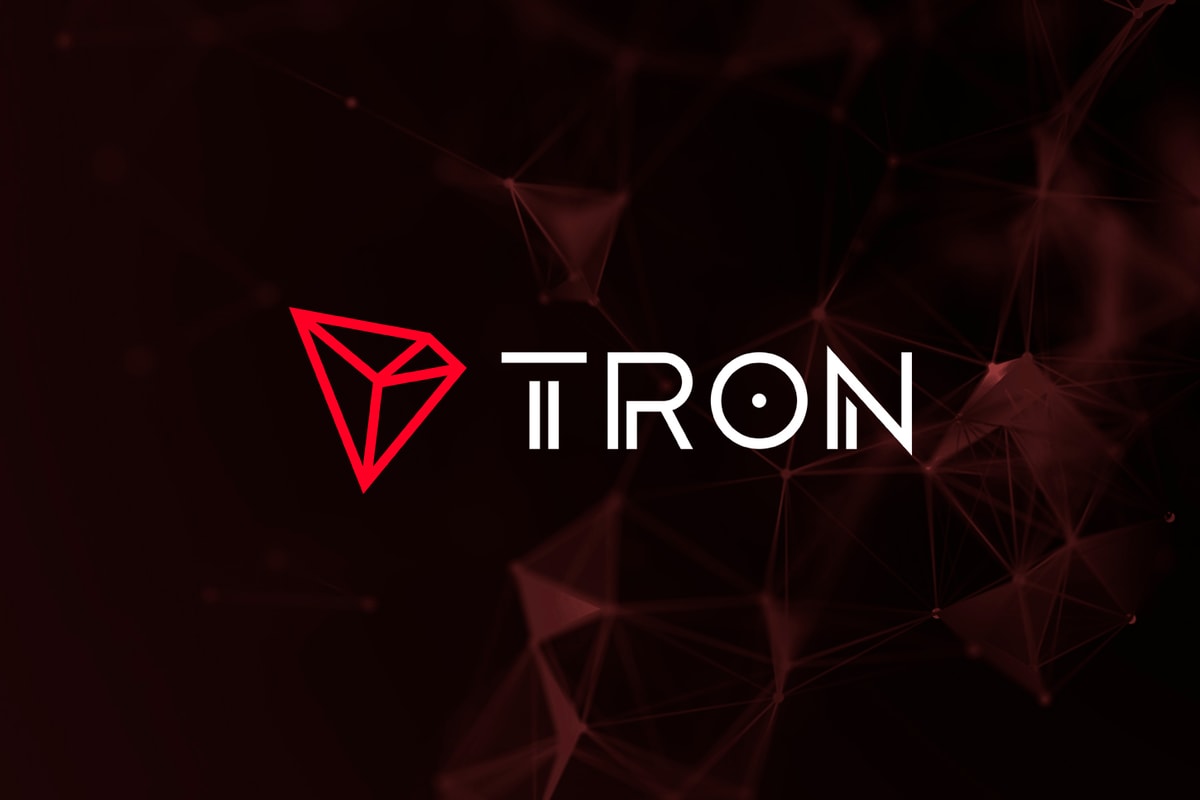At CoinStructive, we have seen hundreds of cases where an unknowing consumer falls victim by sending money to an unknown individual or depositing money into a fraudulent online account disguised as a reputable exchange. This is known as the investment scam or high-yield investment product (HYIP) scam.
With the steady increase of people onboarding into cryptocurrency, there is also an increase in the number of scammers. Victims are usually directed by their mentor, love interest or a third-party impostor exactly when to make trades, sometimes using leverage for high-risk/high-reward payouts. Many people find their first foray into the world of crypto by hearing about the opportunity through an online presence, many times in the form of a fake profile promising an incredible return on investment.
What is interesting about these scammer profiles is that they often pose as an already reputable individual, celebrity or influencer. This allows the consumer to feel connected to and excited about the opportunity while making it easy for the scammer to gain their trust.
Once the consumer is in contact with this “so-called” reputable person about the investment opportunity, the scammer will usually send a link or crypto address. This is the first step to separating you from your money. The link is something that should be researched thoroughly before opening. The scammers seem to be in a hurry to get the consumer to sign up on a sometimes poorly designed website. It’s a huge red flag if the person you’re receiving information from is agitated by simple questions or lacks the patience to help educate you before or during the onboarding process.
The next step is for the victim to send Bitcoin or USDT to fund their account. Many consumers have never purchased Bitcoin prior to this step. In many instances, the scammers will assist “noobs” with purchasing cryptocurrencies from a legitimate exchange or Bitcoin ATM so they can send the crypto to the fake investment site. Once the first transaction is made, and the consumer sees that it was successful, it is easy to believe your account balance is the real deal. This is an exciting time when someone is starting out in crypto.
After some more deposits, a couple of dozen trades and a rather impressive balance, things slowly turn from excitement to panic. As soon as the victim attempts to withdraw funds, their account is frozen and they receive any number of excuses, such as, “We’re sorry, we regret to inform you that in order to withdraw funds you must pay a tax of 10% of your account balance.”
A quick calculation by the victim takes them by surprise when they realize they’re looking at coming up with $25K or more in fees. When the victims ask if the company can take the money out of the account, the answer is always, “No, it is against regulations for us to withdraw money for taxes directly from your account.” Yet, somehow the tax bill and fees are to be paid in Bitcoin or USDT.
Two things happen at this point. The victim gathers the funds and sends the money, only to find out there is a second fee for some other excuse, which happens in perpetuity, or the consumer starts to realize something is wrong and they have become a victim.
Here are some red flags to look for before sending money to unknown crypto investment opportunities:
- Anonymous initial meetings using social media channels such as WhatsApp, Discord, Telegram, Facebook, LinkedIn, Instagram or Twitter
- Those saying they have an investment opportunity and promise a “too good to be true” opportunity via text or other social media with no voice
- Being sent a crypto wallet address and asked to send money directly to that wallet
- Being sent an unknown web link to an unknown website
- Any company that has no information online
- If the individual doesn’t take the time to provide guidance or education first
- Fake crypto exchanges, with “odd” domain names and no license number listed
- Grammatical errors
How to avoid working with a scammer
- Work with a reputable person or company.
- Educate yourself and consider taking some classes.
- Work with a consulting or advisory company.
- Reach out to a crypto investigation company to find out what companies may be reputable.
- Meet the person either in person or via Zoom, and verify you are dealing with a real person.
Now more than ever, stay vigilant. When crypto goes down, the scammers know they get more bang for your buck. So, consider thinking twice before sending large sums of money and get a second opinion if you’re not sure. Being proactive is against instincts sometimes, but having to be reactive is definitely not the scenario you want to be in.
The information provided here is not investment, tax or financial advice. You should consult with a licensed professional for advice concerning your specific situation.
Chris Groshong is the president of CoinStructive and a certified fraud investigator.
This article was published through Cointelegraph Innovation Circle, a vetted organization of senior executives and experts in the blockchain technology industry who are building the future through the power of connections, collaboration and thought leadership. Opinions expressed do not necessarily reflect those of Cointelegraph.
Learn more about Cointelegraph Innovation Circle and see if you qualify to join










